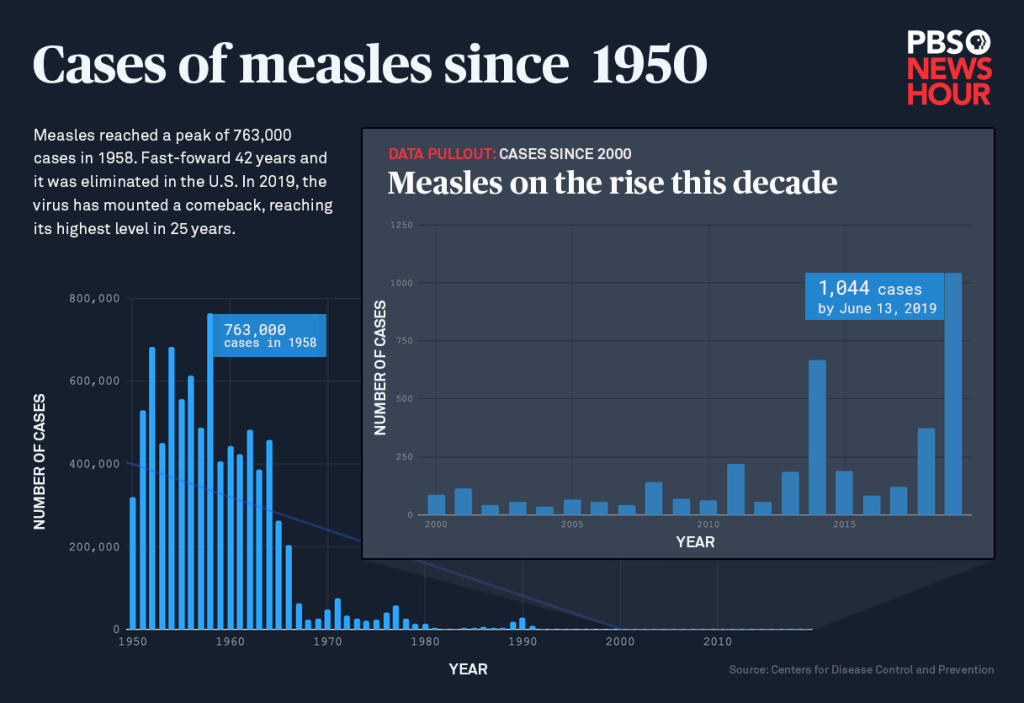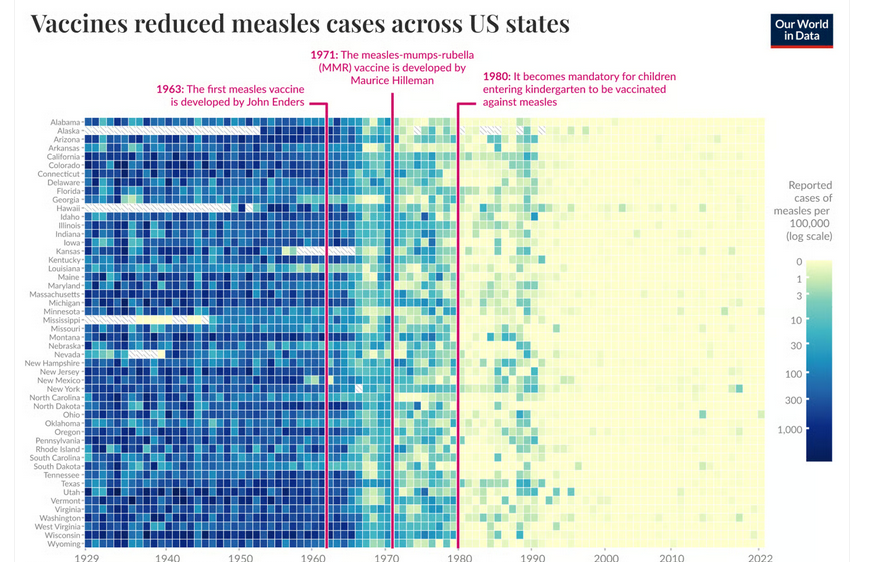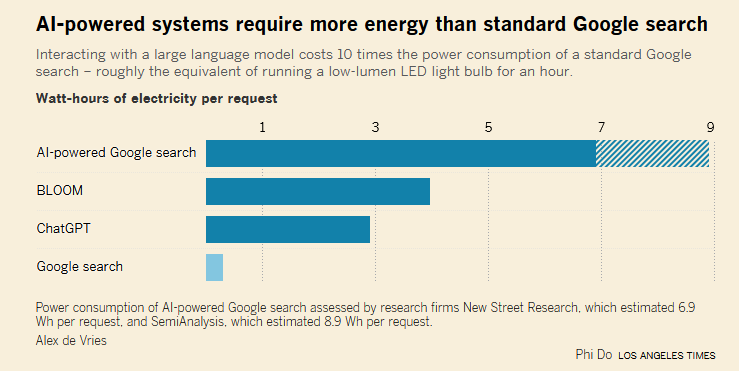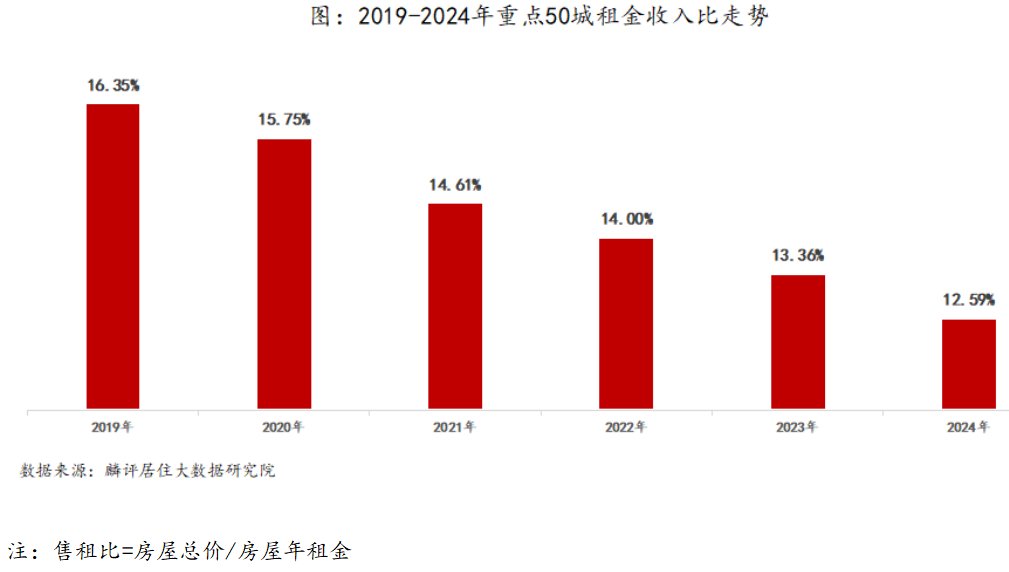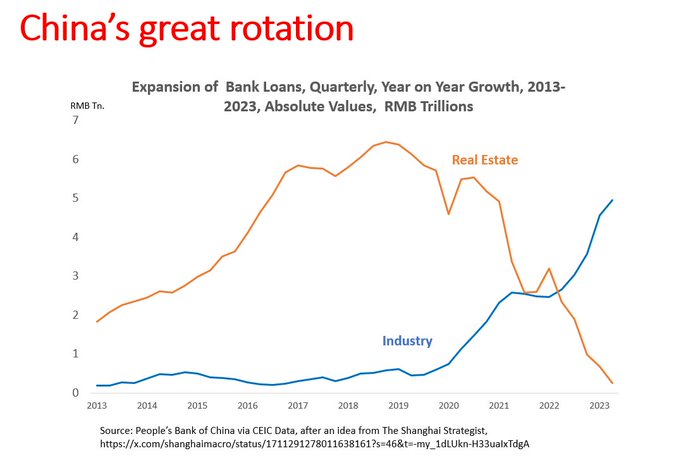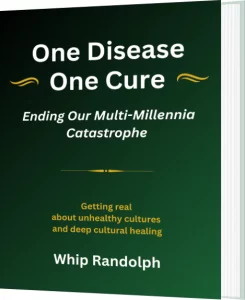I was discussing Indian corruption with Sean-Paul the other day, and we had to really break down what we meant by corruption. That lead to a simple classification system, so I’m sharing it with it.
Everyday vs. Elite Corruption
Do you bribe the policeman or the minor bureaucrat to get a permit. Do you grease everyone with even a tiny bit of to get what you want, and it is it expected? Is it essentially required, in the sense that if you don’t consequences are nasty: arrest or or dential, Or at best, whatever you needed done taking forever and being shoddily done.
This is everyday corruption. India is rife with it. America, mostly, doesn’t have it. Russia used to have it, but I’m told by Sean-Paul, that at least in Moscow, it’s now gone.
Elite corruption is when the elites are self-greasing. Whenever anything is done, it is done in a way where somebody rich can take a cut. Contracting to build new infrastructure is where the contracts are inflated is the standard, but there are tons of variations. Most Western nations have this. The US or the UK is probably the worst among major countries. But it exists in Russia and (though much less than before) in China.
Honest vs. Dishonest Corruption
In honest corruption you get what you pay for. In everyday corruption your visa gets stamped, your parking ticket disappears, you get the permit you needed, or city workers show up and connect your new place to power, water and sewage. At the elite level, if if a bridge, or hospital or park or space program was promised, it is delivered on time and on budget. It’s just that the budget includes 10% grease. Some other games may be played. If you know where new facilities will be built you could, say, buy up property that will soon increase in price, then sell once it does.
But bottom line, what is delivered at the end is delivered on time or with minor delays and it works. It’s not shoddy. China during most of the Deng period had a lot of honest elite corruption. Everyone was taking a cut. But they bloody well had to deliver and if they didn’t, they lost their place at the elite table and might even end up in prison or executed. American in the late 19th and early 290th century mostly had honest corruption. Tammany Hall was corrupt, but they also kept their promises. The great railroads and bridges and parks got built, and were generally built well and on time.
Dishonest Corruption Is when you whoever is corrupt doesn’t have to deliver. You pay off the cop and he throws you in jail anyway. You bribe the bureaucrat and he still drags his feet getting you approval, if you get it at all. The first payment is never the last payment, the idea is to drain you of as much as possible.
At the elite level dishonest corruption is that the street or building was promised and funded but somehow either never gets finished or takes twice as long and three times as much and then, once done, it usually turns out to be shoddily built. A new program for veterans/homeless/cancer/whatever is promised, but somehow it’s slow and ineffective and doesn’t do much, but a few people make a lot of money off of it. Promises mean nothing, nothing is delivered on time and what little is delivered is of crap quality. Meanwhile insider trading is everywhere, taxes always go down on the rich and up on the poor and middle class and programs which used to work are slowly degraded into uselessness so that someone can make more money.
This is the US or the UK and Canada and indeed all neoliberal countries. It’s actually more or less the definition of neoliberalism. Effectiveness is nothing and efficiency is really only about how efficient something is at funneling money to the rich. It is also India, which is why India is, despite some progress, still screwed. It’s run by criminals from top to bottom. Ironically, in my experience (which is out of date, I’m happy to be corrected) low level Indian corruption is “honest’ in that you get what you pay for. High level Indian corruption is dishonest as hell. No big project ever works properly, comes in on time and is effective. (This is why I’m still negative on India.)
There’s also a middle corruption, slice for everyone. This is where everyone involved in the project gets some. So the workers get some, the managers get some, and the contractors gets some. Everyone is being greased. This doesn’t mean just having a job, it means being paid better and treated better than at a non corrupt job.
The honest and dishonest versions are as normal. Honest “slice for everyone” corruption still delivers what was promised at reasonable quality. Dishonest “slice fore everyone” doesn’t deliver or delivers absolute crap.
Obviously no corruption is best, but equally obviously honest corruption is better. If you have to have any corruption, then honest elite corruption or honest slice for everyone corruption is best. Low level corruption is always bad, since it means “if you don’t have money, you’re never treated fairly and you can’t break out of the bottom” but if you must have it honest is better than dishonest.
Growing up a lot in what was then called the third world, then observing politics for years all of this has been well known by me, but I never really broke it down properly, it was pretty much “implicit knowledge” as much that we learn young is.
For your reading displeasure.
***
If you’ve read this far, and you read a lot of this site’s articles, you might wish to Subscribe or donate. The site has over over 3,500 posts, and the site, and Ian, take money to run.

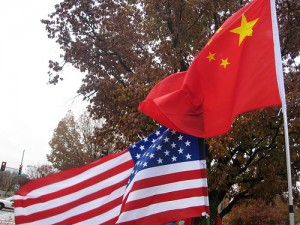
 You probably thought measles was a thing of the past. Along with Mumps, Rubella, Polio, Chickenpox and Heptatis B, kids are required to be vaccinated for it as a requirement of going to school. (So the little disease spreaders don’t act as disease vectors, which parents and teacher s know they do.)
You probably thought measles was a thing of the past. Along with Mumps, Rubella, Polio, Chickenpox and Heptatis B, kids are required to be vaccinated for it as a requirement of going to school. (So the little disease spreaders don’t act as disease vectors, which parents and teacher s know they do.)